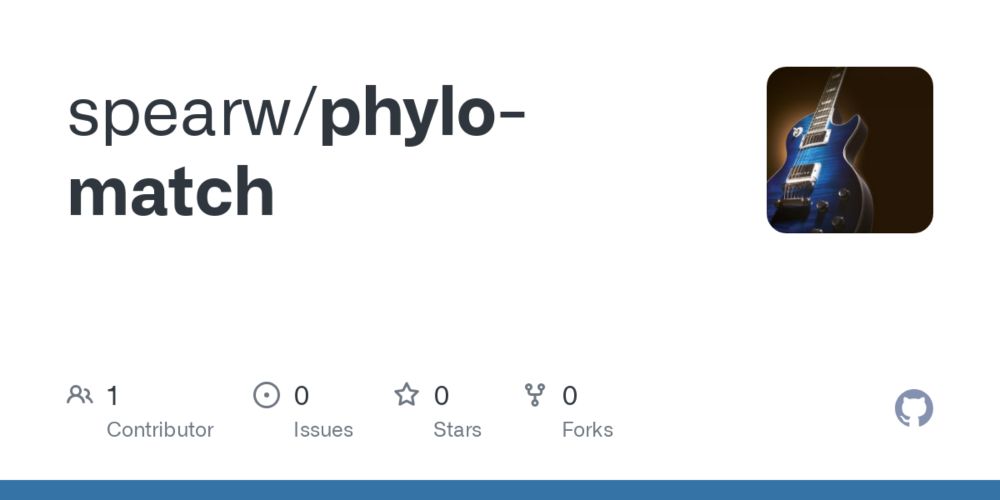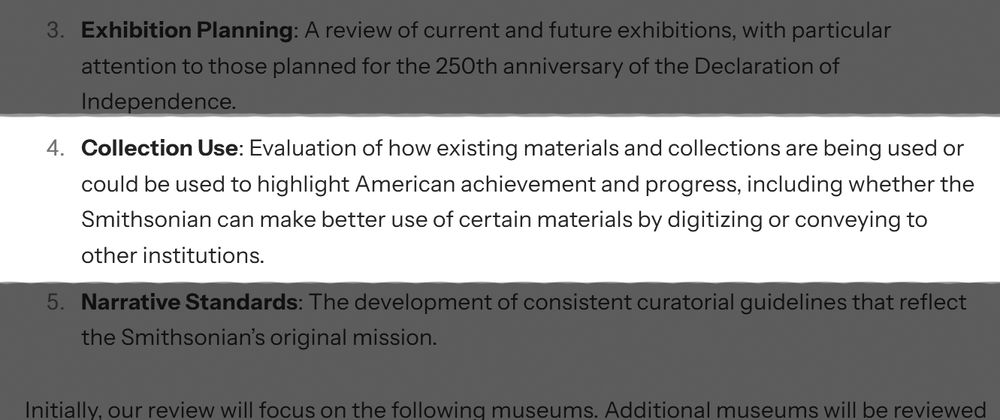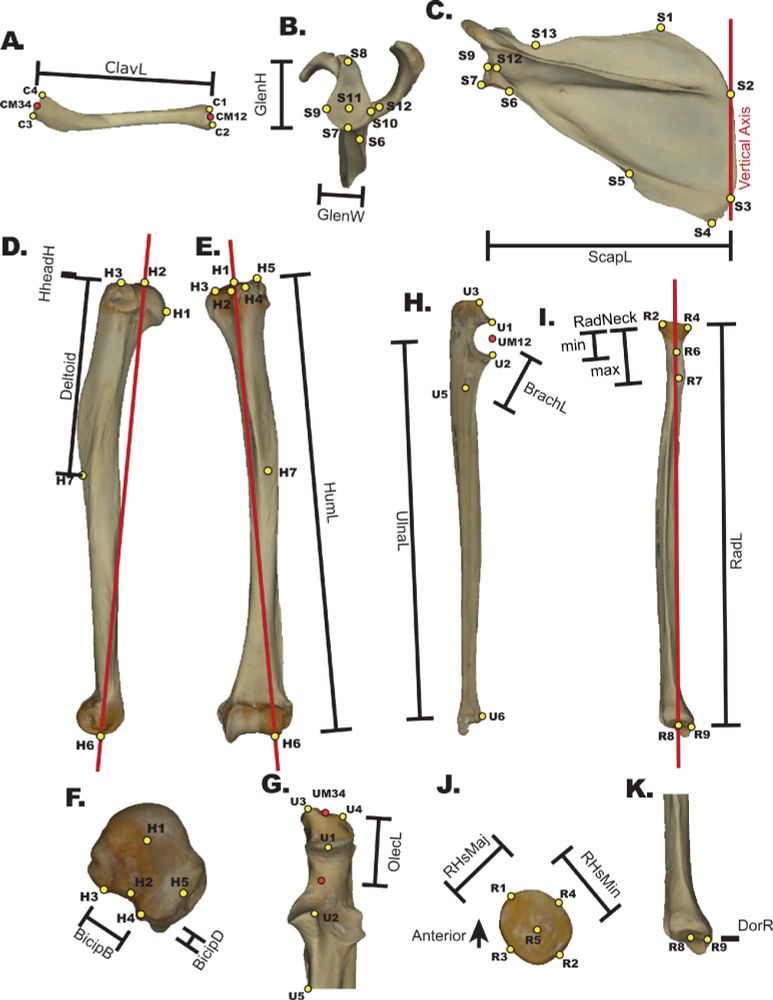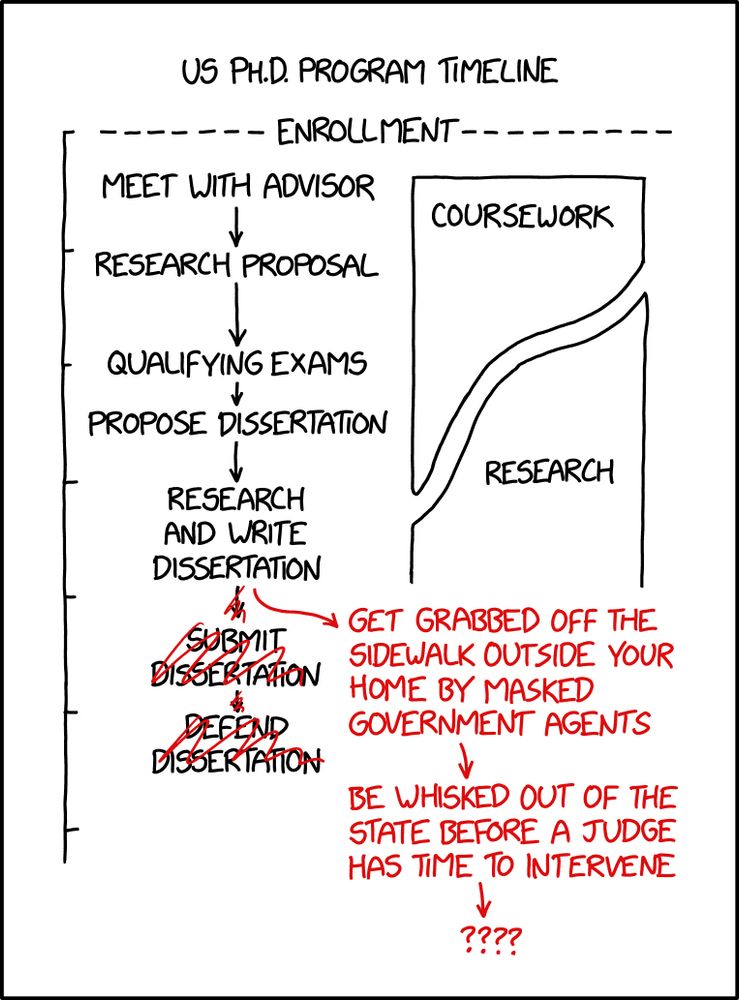

It’s my understanding that there’s some uncertainty around the fossils’ provenance and dating.
If the dates were revised, for example, how might that change your interpretation of the evolutionary significance?



Curvature of the hand & foot proximal phalanges varies between two orangutan species consistent with differences in their substrate use (all trees vs. some ground use). 🧪

watch me weep openly about the discovery of insulin.

OpenAI cried that if everyone eligible author files, the company will go bankrupt, so I'm alerting every author I have ever spoken to.



Regardless of my politics or his, Zohran Mamdani, naturalized in 2018, is every bit as much an American as me.
Regardless of my politics or his, Zohran Mamdani, naturalized in 2018, is every bit as much an American as me.
This has been in the works a long time and I'm really pleased to finally have it out! Thanks to all who contributed.
This has been in the works a long time and I'm really pleased to finally have it out! Thanks to all who contributed.
Why do you think iodide is added to table salt? Since we are intent of forgetting history here is a 🧵
Why do you think iodide is added to table salt? Since we are intent of forgetting history here is a 🧵
- A guy walking ahead of me with his friends on a NYC sidewalk in 2021, also my favorite overheard dialogue of the entire pandemic

- A guy walking ahead of me with his friends on a NYC sidewalk in 2021, also my favorite overheard dialogue of the entire pandemic
I just commented. If you're in any way interested in ecology, nature, and the protection of endangered species, you should, too. Free daily action!
The administration is trying to destroy the Endangered Species Act from within. Public commenting is basically the only way to thwart this rule before getting to court. If you have a few minutes to comment:
www.regulations.gov/commenton/FW...
I just commented. If you're in any way interested in ecology, nature, and the protection of endangered species, you should, too. Free daily action!


And there are periods of retreat and backlash, but in the past, we've always renewed the quest for that more perfect union.
And there are periods of retreat and backlash, but in the past, we've always renewed the quest for that more perfect union.



